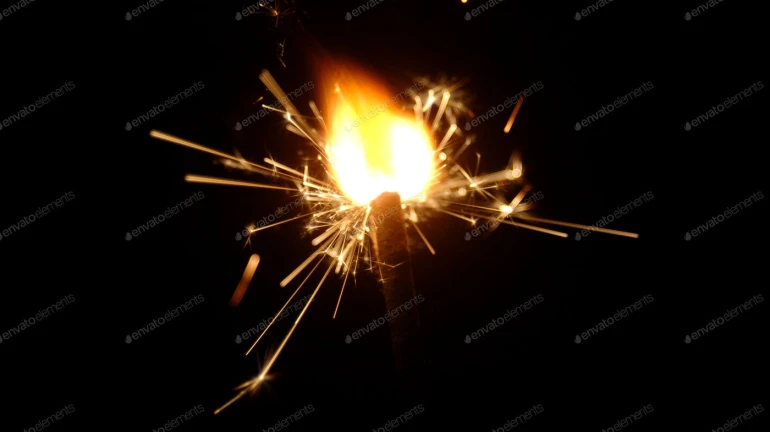
Diwali is considered an important festival in the Hindu calendar and holds a deep significance to the believers. However, the circumstances are somewhat different this year as there’s also the concern of a pandemic and the health risks it brings.
People across the country today are quite accustomed to the sight of people thronging the markets with no social distancing or even the wearing of masks. While this brings about a new set of challenges for the weeks and months to come, there’s another issue which is pertinent this time of the year - firecrackers.
As states like Delhi, Karnataka, Odisha, Rajasthan and others ban the use of fireworks for Diwali this year, they cited health risks posed by worsening air conditions as the reasoning for the decision. This makes a great deal of sense to the normal user, though many are frustrated, and understandably so.
However, the fact remains that bursting of firecrackers en masse can lead to irreparable damage to the environment, while also making the air we breathe more toxic. Not to mention the fact that loud noises can scare pets and other animals around you. These are arguments we’ve heard during previous Diwali celebrations as well.
The dynamics of 2020 are somewhat different, however, given the insurgence of the COVID-19 infection earlier this year which primarily attacks the respiratory system of a vulnerable individual. In Maharashtra alone, more than 45,000 people have lost their lives as a consequence of the virus, and the authorities are somewhat concerned about a bigger spike in the days to come.
It’s important to mention that there’s no way you can catch COVID-19 simply by bursting firecrackers, though it can worsen the health of those already deemed to be susceptible to respiratory conditions.
The Union Government took the necessary steps to come up with something known as green firecrackers in partnership with National Environmental Engineering Research Institute (NEERI) to reduce the emission of toxic smoke into the atmosphere.
However, an independent lab analysis conducted by the NGO Awaaz Foundation in Mumbai found that most of the NEERI certified firecrackers contained harmful materials. This makes one wonder if green firecrackers actually work.
Mumbai’s civic body, the Brihanmumbai Municipal Corporation (BMC) has done its part by banning fireworks in public and private settings to some extent while permitting societies and residential colonies to burst smaller firecrackers that are suitable for children on the day of Lakshmi Pooja (Nov 14).
Moreover, the agency has asked citizens to follow COVID-19 protocols like mask-wearing and social distancing during the festivities. Another important advisory issued by the civic body is to not use hand sanitizers if you’re going to burst crackers on Diwali or after since sanitizers contain alcohol, which is a flammable substance.
Governments that have banned firecrackers also have to contend with the loss of business to manufacturers and dealers of firecrackers who almost entirely rely on the Diwali shopping season.
While manufacturers of crackers from Sivakasi, Tamil Nadu have written to some governments asking for a reversal of the ban, the states are unlikely to change course given the health risks that come with firecrackers.
Have we learnt our lesson? Only time will tell.





